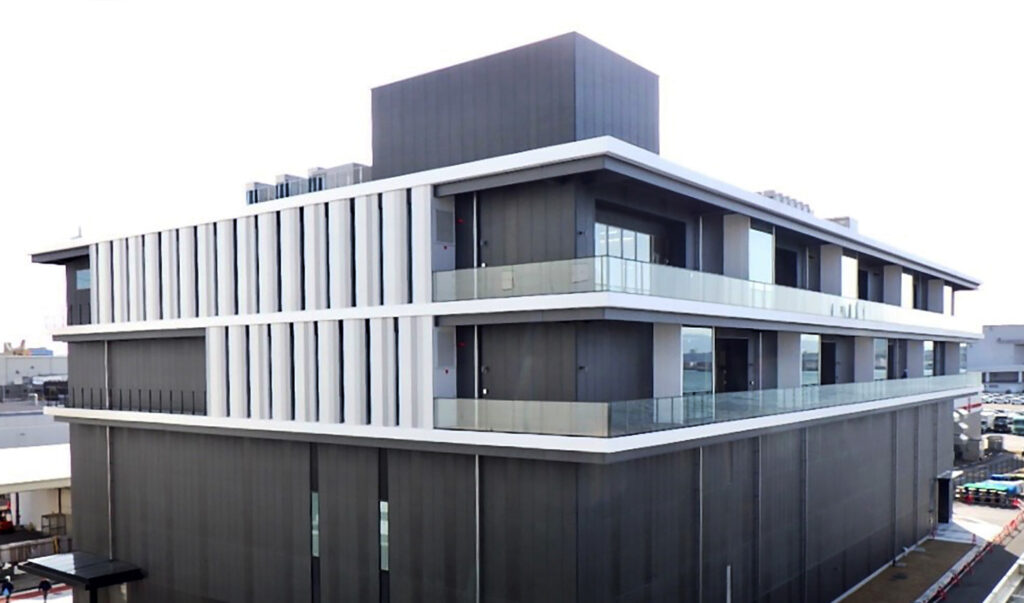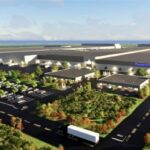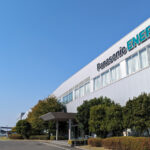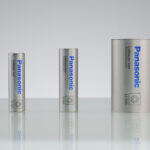ASIA ELECTRONICS INDUSTRYYOUR WINDOW TO SMART MANUFACTURING
Panasonic Energy Opens New R&D Facility for Batteries
Panasonic Energy Co., Ltd. has completed the construction of a new production development facility within its Suminoe factory in Osaka, Japan. The cutting-edge facility, dedicated to next-generation manufacturing, aims to bolster the company’s manufacturing competitiveness and expand its global production capacity. Further, it will serve as a hub for the development of production process technology.

Facilitate Manufacturing Collaboration
By being adjacent to the production site, this new facility, will facilitate collaboration between manufacturing functions. It will support initiatives, such as shortening lead times for equipment verifications for mass production using large-scale validation equipment. Also, it will address the development of manufacturing technologies to enhance competitiveness and the expansion of production technology resources.
With a total floor area of 7,900sq.m, the new facility contains a pilot production and validation area. It has complete facilities to spur the development of technology aimed up scaling up next-generation processes.
Additionally, it has resources allowing the large-scale pre-verification of mass-production equipment. Around 400 production engineers are expected to be based at the new facility. These include those due to be deployed at a new R&D facility for battery cell development scheduled for completion in Nishi-Kadoma, Osaka in April 2025. Approximately 1,100 personnel will be engaged in battery-related research and development, making it the largest battery R&D hub in Japan.
Base for Digital, Green Transformation
Also, the new facility will serve as a development base for digital transformation, where company-wide data will be consolidated and digitized. A “data analysis platform” will centralize and manage battery data from across all the company’s factories. Meanwhile, simulation of material handling will assess optimum factory layouts.
Additionally, the facility will be a hub for promoting green transition, aiming to accelerate the deployment of high-efficiency equipment through winding and welding technology development, as well as the validation of the emerging dry coating technology to optimize energy productivity. Further product development initiatives in collaboration with the company’s new R&D facility for battery cell development in Nishi-Kadoma are also planned.
The overall Suminoe factory, which produces automotive lithium-ion batteries, with a major focus on eco-friendly manufacturing, achieved a net-zero CO2 emission status in January 2024. The factory maximizes its use of renewable energy by means of such initiatives as the use of rooftop solar panels and off-site corporate power purchase agreements.1
Leveraging its expertise in battery development and manufacturing, Panasonic Energy will continue to contribute to the growth of the lithium-ion battery industry and the development of manufacturing technology, while pursuing its mission of helping to create a sustainable society.
1A power purchase agreement is a scheme in which a power generation company leases rooftops or unused land owned by corporations or municipalities and installs solar panels or other power generation facilities at no cost. The electricity generated is then used by the corporation or municipalities.
-22 May 2024-




